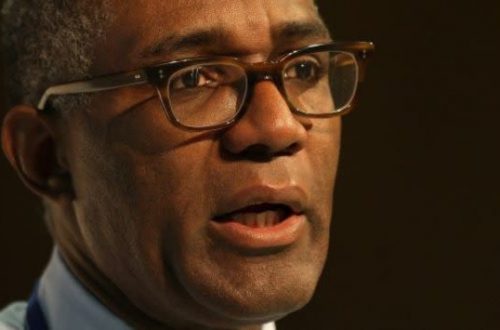Guest post by Sackcloth & Ashes
On 20th April 2015 Roy Mason, the former Labour MP for Barnsley (after 1983 Barnsley Central) and a minister in the Wilson and Callaghan governments, died aged 91. The phrase ‘the last of his kind’ is a cliché, but in his case it is sadly true.
Mason was a former miner and an NUM official who represented his Barnsley constituents from 1953 to 1987 (after which he was ennobled), and in his political career he is best known for his stint as Secretary of State for Northern Ireland from 1976 to 1979. His life and career are well summarised here and in this very generous and fair-minded obituary from Tam Dalyell.
Mason’s politics were not without reproach, and it is a pity (to take one example) that he supported Clause 28. But there are two aspects of his life which are worth honouring and commemorating.
As Defence Secretary, Mason was responsible for sending 22SAS to Northern Ireland, in response to a series of vicious sectarian killings in Armagh. As James Callaghan’s Northern Ireland Secretary, he is credited (by none other than Martin McGuinness) as having ‘beat the shit’ out of the Provisional IRA. He had a belief – viewed with scorn by the Guardianista crowd – that cold-blooded murder was not sanctified by ideology, and that democracies faced with terrorist groups using violence and intimidation had no choice but to fight back. He had nothing but contempt for the PIRA (amplified by atrocities such as the La Mon massacre) and the Loyalists alike, and a firm belief that the British government and public should not capitulate to them. His fight against terrorism meant that he required police bodyguards for the rest of his life.
Mason was caricatured on the left and by Republican sympathisers as a bullet-headed thug, or (less pejoratively) as ‘the last man to believe in outright IRA defeat’. In fact, like his predecessor Merlyn Rees, he did not doubt that the ‘Troubles’ in Northern Ireland would only end with a negotiated settlement. His argument was that Sinn Fein and PIRA would only take their seats at the conference table if the British army and the RUC forced them to it. Mason believed that military and police pressure, and the cumulative effect of thwarted attacks and imprisoned (or at times dead) ‘volunteers’ were the only way to bring peace to Northern Ireland, and that any attempt to open negotiations with McGuinness and Gerry Adams would fail unless the Republican leadership believed that they had simply no alternative but to talk.[i]
This was a strategy followed by his successors, and it was one which ultimately contributed to success and peace with the Good Friday Accords of 1998.[ii]
It is also worth reminding ourselves of Mason’s background, going into the pits at age 14. With the exception of Alan Johnson, the self-declared ‘party of the working people’ has very few MPs who have come up the hard way. Mason was also what I would call a ‘Bevinite’. Despite his impoverished background he rejected far-left politics, and he developed a deep loathing for that fraud Arthur Scargill. As Dalyell notes, his memories of back-breaking work as a miner meant that he had an empathy for the working classes that Labour now pays lip-service to, but which it has effectively forgotten:
[Mason] confounded Prime Ministers and miners’ leaders alike by coming out against more coal-fired power stations. In his diary, Dick Crossman wrote: “It’s astonishing how quickly these working class boys get taken over by the civil servants.”
As Crossman’s PPS, I mentioned to Mason in the Commons tea room that Crossman was surprised about his attitude to coal-fired power stations and the consequential closure of the pits. His reply was ferocious: “Neither you nor Dick Crossman have had to work down a pit as I did for 15 years. I was carried out three times on a stretcher. The price of coal is the price of pneumoconiosis and chronic bronchitis and too often the price of life itself.”
Sadly, the Crossman attitude is now the default setting for the Labour front-bench, King’s Place and the British left as a whole. But Mason is a reminder of a time when the party had progressive MPs untainted by snobbery and cant, who did not enter the magic circle of politics via a PPE degree and internships, who did not see anything incongruous about being left-wing and patriotic, and who did not make excuses for terrorist violence. We really need more people like him in politics now.
[i] Peter Neumann, ‘Winning the ‘War on Terror’? Roy Mason’s Contribution to Counter-Terrorism in Northern Ireland’, Studies in Conflict and Terrorism 14/3 (2003), pp.45-64.
[ii] Sceptical readers are invited to consult the following for corroboration. Henry MacDonald, Gunsmoke and Mirrors: How Sinn Fein Dressed Up Defeat as Victory (Dublin: Gill and Macmillan 2008); Anthony McIntyre, Good Friday: The Death of Irish Republicanism (NY: Ausubo Press 2008); Ed Moloney, A Secret History of the IRA (London: Penguin 2002); & Peter Taylor, Brits: The War Against the IRA (London: Bloomsbury 2002).


